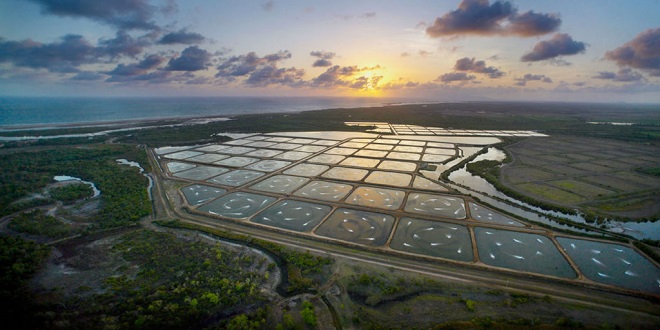Impacts of Aquaculture Development on Communities

Social Status Stratification
This may correspond to property ownership patterns and especially to land tenure. Large landowners, local officials and relatively better educated persons often become leaders and exert disproportionate influence on the adoption of innovations. Social stratification with respect to wealth and authority can either impede or facilitate the adoption and sustainment of innovation, depending on local circumstances. In some cases, other factors being equal, the more homogeneous a community the more likely is an innovation to be widely adopted (Oxby 1983).
Whereas elites generally support innovations that they perceive as offering additional opportunities for them to fulfill their duties (and thereby enhance their social status) as generous insurers of general community welfare, as in aquaculture developments in Zomba District, Southern malagi (Mills 1989), as aquaculture. As would be anticipated from changing political, economic, and social conditions, as well as from the personality traits of individuals, in few if any societies do everyday social relationships and patterns of behavior correspond exactly to such nominal ideals of social structure. Monetization, urbanization, industrialization and the resultant migration for wage labor have been among the principal factors that have caused major changes in developing-country social organization. The principal function of community leadership with respect to the adoption of innovation is the ability to mobilize and then sustain participation, by generating labor contributions, organizing infrastructure, interfacing with external authorities, effecting consensual decisionmaking and ensuringthe equitable distribution of benefits, such that community harmony is maintaine
Implementation of Social Control Mechanisms
In many societies worldwide, levelling mechanisms are fundamental in controlling the individual and in functioning to maintain community social order and social status ranking. An individual is prevented by a variety of social pressures, obligations, proscriptions and punishments from advancing economically beyond his or her defined social role. On the contrary, people are commonly enmeshed by sets of reciprocal rewards for conduct appropriate to their social status. As a consequence, in many developing-country societies, an individual who decides to devote time to economically productive activities, as opposed to socially productive activities, is commonly regarded as a deviant who must bear heavy social costs.
Thus, the rules of access to a collective or common property resource must depend on some invariable criteria. In aquaculture this might be, for example, distribution of harvest share proportionate to units of labor supplied. However, a system of benefits strictly proportionate to inputs does not recognize inherent inequalities of individual or household energy, talent, or motivation, or the ability of a deprived household to supply labor. The enforcement of strict equity principles could therefore lead to resentment. This may be managed, as on community managed aquaculture projects in Panama (Molnar et al. 1985), for example, by informal compensatory mechanisms, which, despite the normatively mandated equal rewards, distribute the harvest by size and quality classes according to individual inputs. In other communal aquaculture projects in panama, records arekept to apportion accurately the harvest benefit by labor input (Molnar et al. 1985). Also inpanama, conforming to the rules of the rural culture, which are enforced by peer pressure, a greater share of the harvest than is mandated by input is obtained by impoverished families, the infirm, or the otherwise unfortunate (Molnar et al. 1985).
Last word
Levelling mechanisms may be implemented when activities such as the accumulation of wealth by a particular individual or family within a community are perceived by traditional leaders as a threat to either their power or status, or both, and to the unity of the community. In malagi, for example, individual advancement is often perceived by guardians as a threat to the unity of the female corporate group (Mitchell 1956) and is restrained by accusations of sorcery (Lawry 1981), the frequency of which commonly leads to the fissioning of villages. For this reason successful farmers will occasionally have dxiculty in obtaining hired labor (Lawry 1981).





